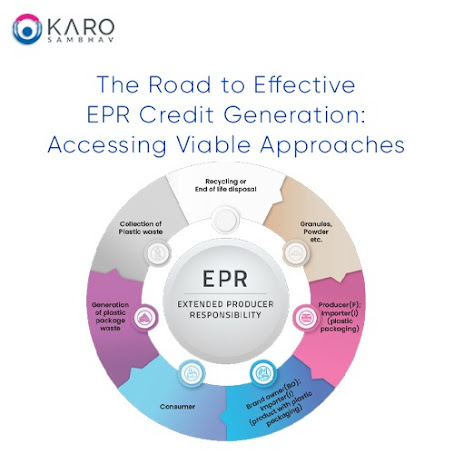The Road to Effective EPR Credit Generation: Accessing Viable Approaches

Planning and coordinating with all-encompassing solutions to solve environmental issues are essential for the effective development of Extended Producer Responsibility (EPR) credits. Producers must effectively manage their waste since EPR requires them to assume accountability for the lifecycle of their products. From audits to compliance and mobile-first strategies, implementing effective EPR projects requires several essential processes and workable techniques. The first step towards comprehending the waste management methods of today is to perform an EPR audit . It supports the process of discovering weaknesses, inadequacies, and potential areas for systemic enhancement. Producers can identify trash generation locations, analyse waste composition, and gauge how well disposal techniques work by conducting an audit. After the audit pinpoints critical problems, a successful EPR Authorization procedure becomes essential. To guarantee adherence to regional waste management legislatio...





